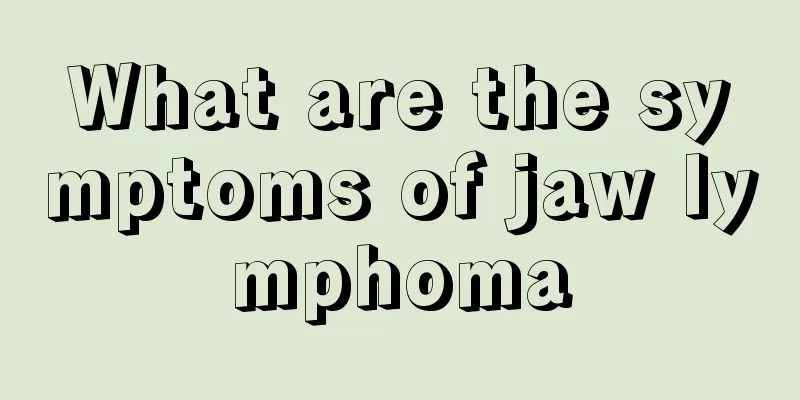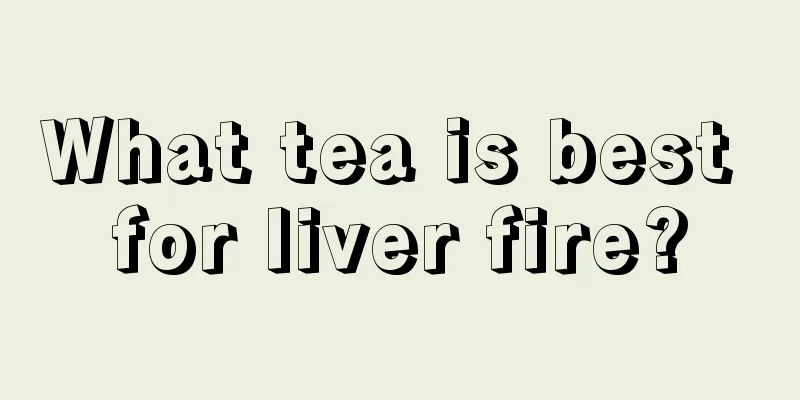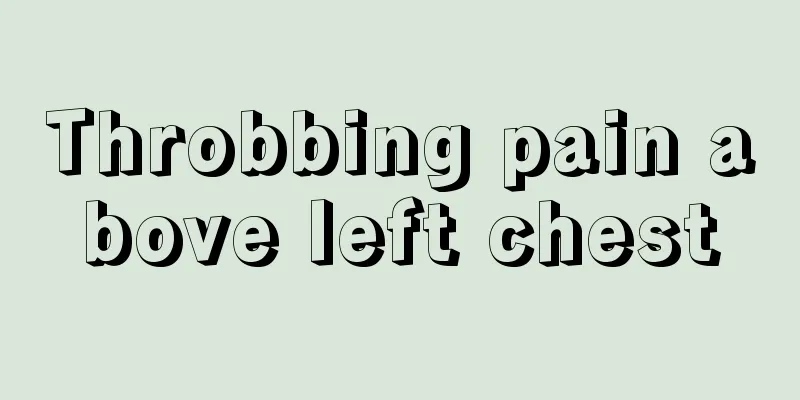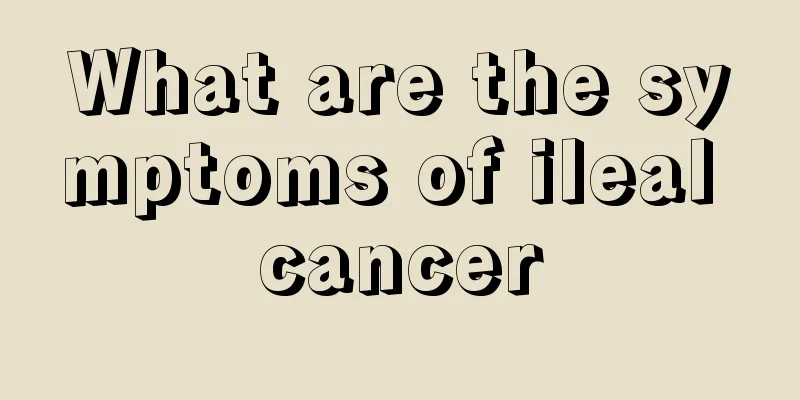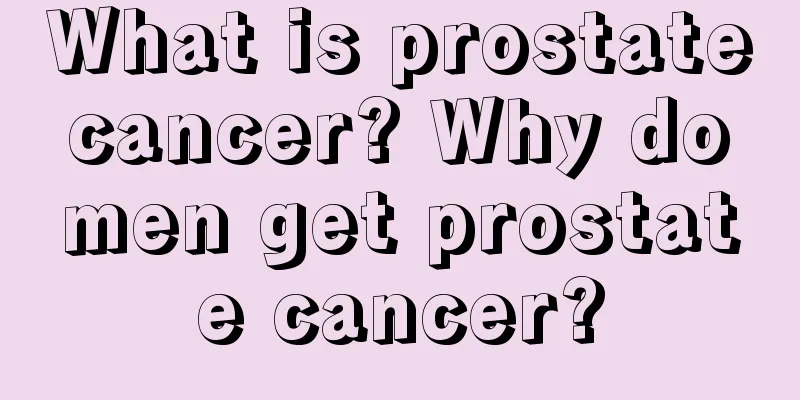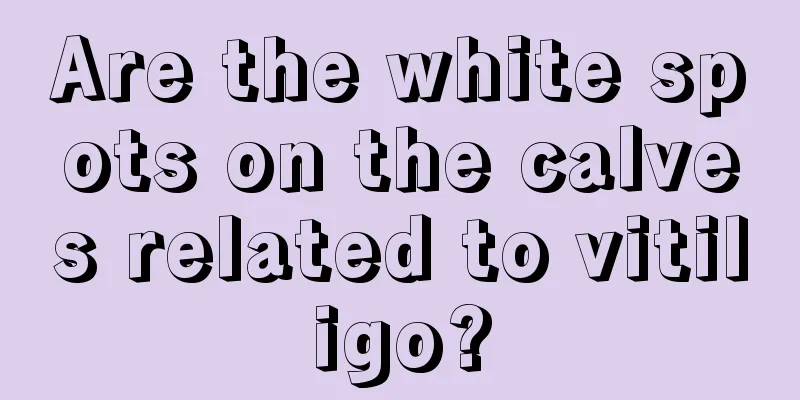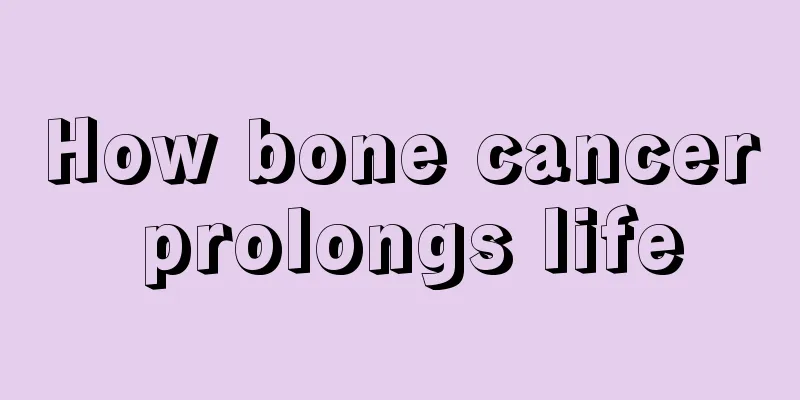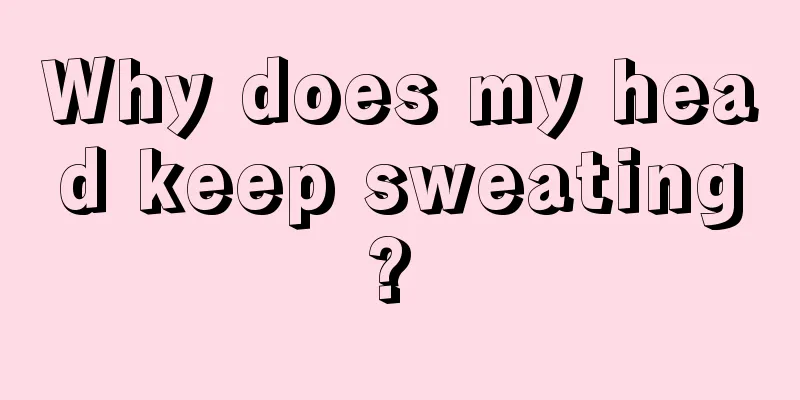The drug of choice for psychomotor seizures
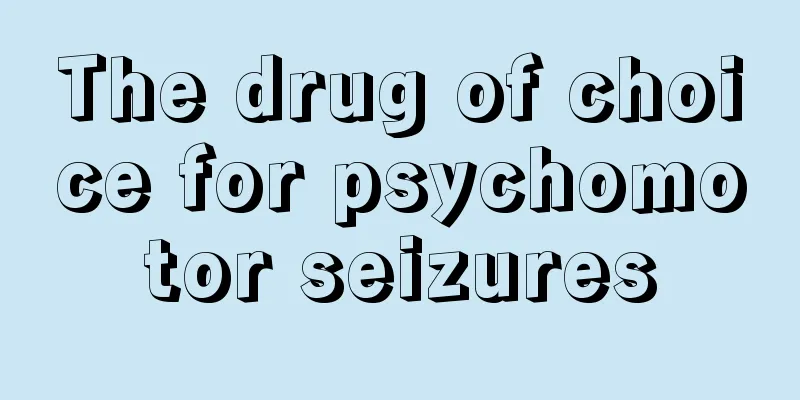
|
Psychomotor seizures usually occur at around the age of 20, which is a relatively late onset among epilepsy types. The main symptoms for people with the disease are impaired consciousness, and may also be mentally abnormal and unable to control their own behavior. Some people will develop systemic seizures. In modern medical treatment methods. Drug therapy remains the first choice for treating psychomotor seizures. Drug treatment is the first choice and can usually effectively control seizures. Commonly used drugs include diazepam, clonazepam, phenytoin sodium, primidone, carbamazepine, oxcarbazepine, lamotrigine, sodium valproate, levetiracetam, etc., which need to be selected rationally based on clinical symptoms. If drug treatment for more than 2 years is ineffective, surgical treatment may be considered as appropriate. Clinical characteristics 1. Only impaired consciousness This seizure should be differentiated from absence seizures. The difference is that this type of consciousness disorder often lasts more than 1 minute, while a true absence seizure does not exceed 1 minute. Sometimes accompanied by other psychomotor seizure manifestations; the EEG does not have the spike-wave complex of 3 times per second of absence seizures. 2. Identification of symptoms 1. Memory impairment: Patients often forget the occurrence of the attack, which is the most common memory impairment. Some patients experience "déjà vu", that is, they feel familiar with strangers or objects; some experience "old things seem new", that is, they feel strange about familiar people or environments. 2. Thought disorders: such as obsessive thinking, etc. 3. Emotional disorders It may cause paroxysmal emotional abnormalities, such as sadness, anger, fear, a sense of impending disaster, and a sense of doomsday. 4. Psychiatric symptoms 1. Illusions: Auditory illusions can manifest as errors in the perception of pitch, distance, and nature of sounds. Visual changes refer to changes in clarity, distance, shape, size, movement speed, etc. For example, some patients feel that the surrounding environment is covered with a layer of gauze, sometimes they see the ground is uneven, sometimes they see the hatchet as if it is twisted, some objects appear large, and some objects appear small. These are all common visual illusions. 2. Hallucinations: Hallucinations in psychomotor seizures are complex, vivid, and vivid. The patient's emotions and behaviors are also controlled by it. There is also another situation called a dream-like state, in which the patient can perceive both the imaginary situation and the real situation at that time, as if he were dreaming. 5. Psychomotor symptoms Automaticity is the most common. Automatism is a special manifestation of epilepsy, which refers to the patient's sudden loss of consciousness, confusion, and mechanical performance of some incomprehensible unconscious movements, or simple, stereotyped, repetitive movements, such as sticking out the tongue, licking lips, smacking lips, touching buttons, nodding, spinning, climbing, walking, running, etc. Sometimes they also perform more complex movements, such as undressing, dressing, tying clothes, combing hair, tearing things, moving things, making beds, etc. Some people can continue their original activities when automatism occurs, such as walking, riding a bicycle, riding in a vehicle, etc. At this time, the patient's face is pale and his eyes are dull. This process usually lasts from a few seconds to half an hour, and then he gradually wakes up and has no memory of the seizure behavior. Among automatisms, behavioral automatism and oropharyngeal automatism are the most common. Automaticity is manifested as involuntary movements of the oropharynx, such as sucking, chewing, swallowing, and drooling; behavioral automaticity is manifested as monotonous and uncoordinated movements, such as rubbing clothes with hands, unbuttoning, and drawing circles in the air with hands raised. Sometimes more complex automatisms may manifest as sleepwalking or wandering. (VI) Composite It can manifest as a combination of multiple complex symptoms. Some develop pathological passions, sudden outbursts of impulse, and even commit illegal acts. Some cases develop a more persistent mental state. Some are paroxysmal and resolve on their own after a period of time. Some may last for months or years, becoming a chronic epileptic psychosis, which may manifest as persecution, grandiose or hypochondriac delusions, auditory hallucinations, visual hallucinations, obsessive thinking, original words, and various forms of thought disorders. Its symptoms are similar to those of schizophrenia, so it is also called epileptic schizophrenia. Care should be taken to differentiate it from schizophrenia. |
>>: Does your nose feel hot when you breathe?
Recommend
What are the effects and functions of Schizonepeta?
In fact, the medicinal value of Schizonepeta tenu...
The main components of bacterial cell wall
I believe that people who do not have relevant bi...
Analyze what causes sudden heartache?
You must not ignore the sudden feeling of heart p...
Knee meniscus dislocation, understand these and then treat
Knee meniscus dislocation means that the cartilag...
How should I exercise if my heart rate is too slow?
Although with the improvement of material living ...
Can inflammation cause bone destruction?
Bone health often affects people's daily life...
Classification of anti-Parkinson's drugs
Parkinson's disease is a serious disease that...
What are the symptoms of lung yin deficiency?
Chinese medicine emphasizes the harmony of yin an...
Can I eat mango if I have urticaria
Some people's skin is naturally more sensitiv...
What are the four famous Chinese wines?
China has a long history of wine culture. The var...
Identify the main common causes of pancreatic cancer
For people who have quit smoking for 10 to 15 yea...
What are the chemotherapy drugs for cervical cancer
Cervical cancer is the most common malignant tumo...
How to wash shrimps quickly and cleanly
In life, most people like to eat shrimps. There a...
Too much ultraviolet radiation may cause skin cancer!
Too much sunlight can be dangerous and even deadl...
Traditional Chinese medicine prescription for gastric cancer
Chinese medicine prescription for gastric cancer ...
